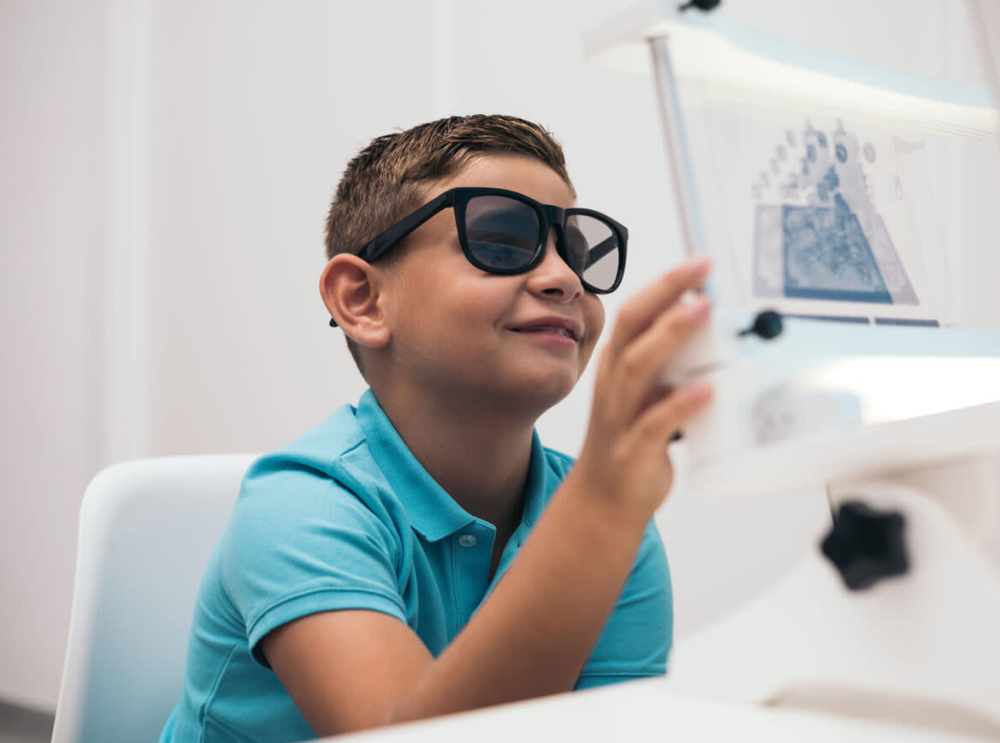Dr. Corrine Motluk
In 1999, Dr. Motluk graduated on the Deans Honour list, receiving a Doctor of Optometry degree from the University of Waterloo. She also graduated with honours in 1994 with a Biology Co-operative degree from the University of Waterloo.
Dr. Motluk studied with the OMEGA Eye Institute in Birmingham, Alabama and the L.V. PRASAD Institute in Hyderabad, India. She has traveled to Merida, Mexico to work clinically with I Care International that helped many of the rural population access eye exams, eye care and prescription eyeglasses.
She currently is working with the Canadian Examiners in Optometry as a member of ICLO: the Indicator of Current Learning in Optometry and is a member of the Canadian Association of Optometry (CAO), the American Optometry Association (AOA), the Ontario Association of Optometry (OAO) and the Ottawa Society of Optometrists (OSO).

